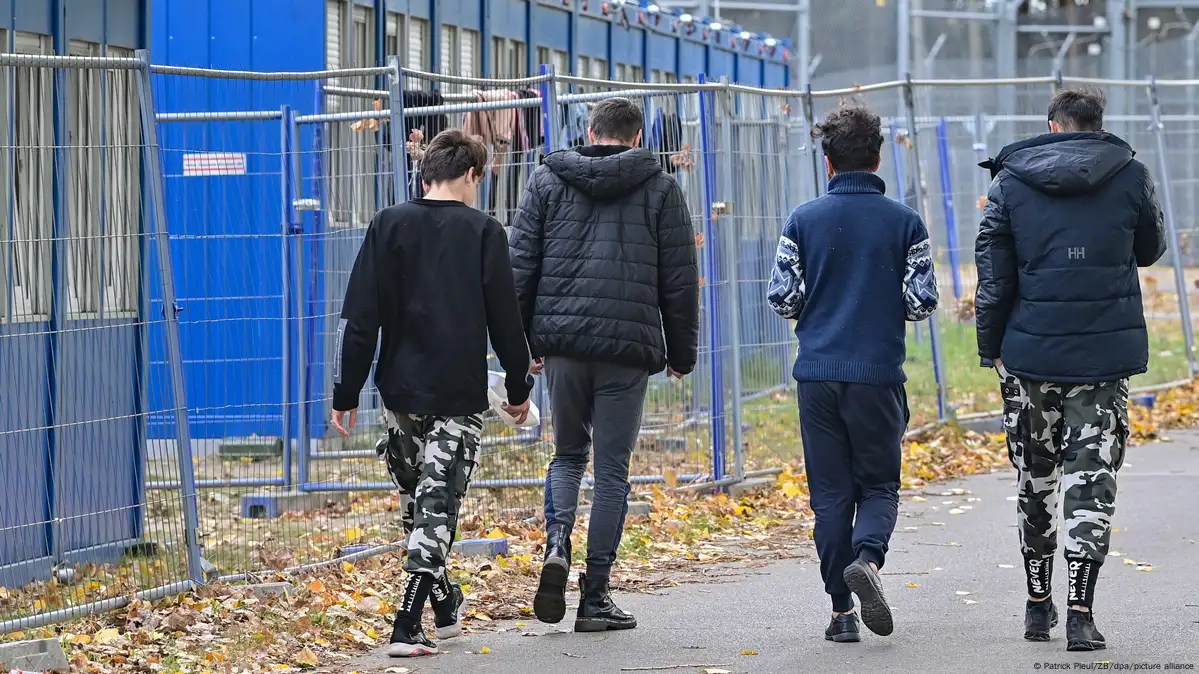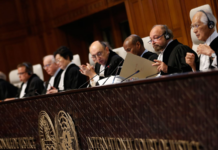
A recent ruling by a German court has reignited the political debate over the treatment of Syrian asylum seekers, as the court declared that “there is no serious threat to life in Syria,” despite ongoing conflict and human rights abuses. The decision comes amid fresh EU sanctions against Syrian officials for their roles in torture, rape, and murder, highlighting a stark contradiction in approaches to the Syrian crisis.
The Supreme Administrative Court in Münster issued a ruling last week that denied subsidiary protection to a Syrian asylum seeker from Al-Hasakah, stating that “asylum seekers from Syria are no longer currently at risk of war in general.” This ruling contradicts the current practice of the Federal Office for Migration and Refugees (BAMF), which generally grants secondary protection to Syrian asylum seekers due to the ongoing civil war.
The Syrian individual in question had previously been imprisoned in Austria for involvement in human smuggling before traveling to Germany. The court stated he was not at risk of political persecution in Syria and thus did not qualify for refugee status or subsidiary protection.
Following the ruling, several German politicians called for an end to subsidiary protection for refugees, suggesting a reassessment of the situation in Syria and Afghanistan. Henning Hone, head of the Free Democratic Party in North Rhine, stated that “subsidiary protection for those coming from Syria is no longer appropriate,” while Bavarian Interior Minister Joachim Herrmann suggested that a new assessment of the situation in Syria was needed, claiming “there is no longer a civil war in Syria.”
The ruling has drawn sharp criticism from human rights organizations. Amnesty International and other advocacy groups assert that Syria remains highly dangerous, with daily bombings, attacks, and systemic arrests, abductions, torture, and sexual assaults by the Assad regime. Amnesty International stated, “The situation in Syria is still catastrophic, and the armed conflict has not yet ended but is still raging.”
The Refugee Council in North Rhine expressed fears that the Münster court’s ruling could set a precedent, leading to increased deportations of Syrian refugees. Birgit Naueux, administrative director of the Refugee Council, called the verdict “fatal and devastating,” and warned against drawing hasty conclusions that could endanger lives.
The court’s ruling coincides with the EU imposing new sanctions on Syrian officials under the EU’s Global Human Rights Sanctions Regime. On July 22, the EU sanctioned Syrian Defense Minister Ali Mahmoud Abbas and Army Chief of Staff Abdel Karim Muhammad Ibrahim for their roles in widespread torture, rape, and sexual violence against civilians.
These sanctions include asset freezes, travel bans, and prohibitions on providing economic resources to the penalized individuals. The EU has consistently imposed sanctions on the Assad regime since 2011 due to its violent repression of peaceful demonstrations and subsequent human rights violations.
The German court’s assertion that Syria is safe for asylum seekers starkly contrasts with the EU’s ongoing sanctions against the Assad regime. This contradiction highlights the problematic nature of narratives suggesting Syria’s safety or the possibility of dealing with the Assad regime on issues like refugees and aid.
Human rights organizations emphasize that returning refugees to Syria under the current conditions would expose them to significant risks, including torture and enforced disappearance, and caution that the international community must carefully consider the implications of such rulings and ensure the protection of vulnerable populations amid the ongoing conflict in Syria.






